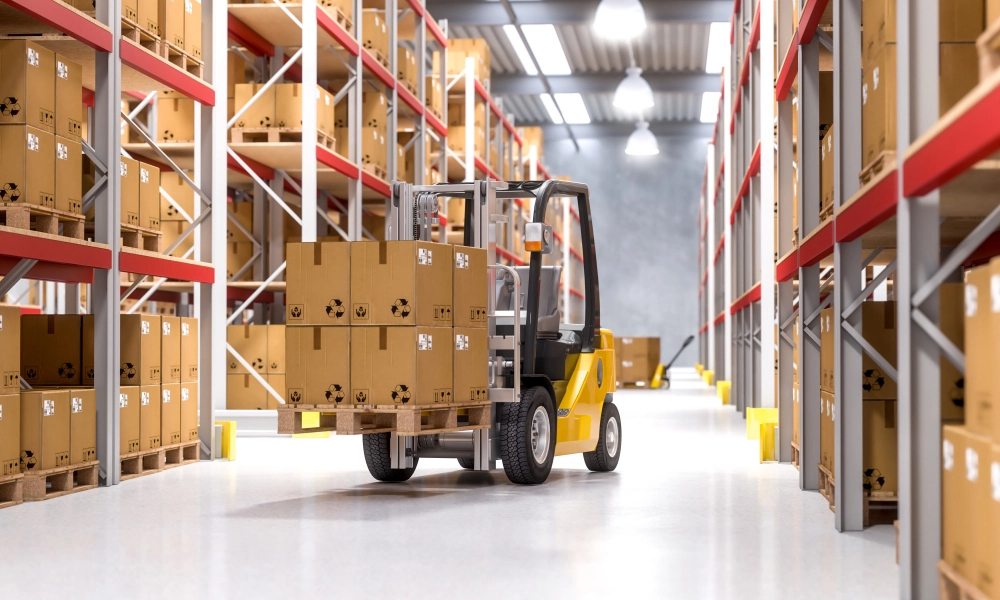In today’s fast-paced, interconnected world, the need for efficient freight solutions has never been more critical. As industries continue to globalize and supply chains become more complex, businesses face the challenge of ensuring timely and cost-effective delivery of goods. From raw materials to finished products, the transportation and logistics sector plays a pivotal role in maintaining the flow of commerce. Efficient freight solutions are not merely about moving goods from point A to point B. They require an integrated approach that considers speed, cost, reliability, and sustainability. For instance, one of the key factors driving efficiency is the optimization of transportation routes. Leveraging advanced technologies such as artificial intelligence and data analytics, companies can analyze traffic patterns, weather conditions, and demand fluctuations to predict the most effective delivery routes. This real-time optimization helps reduce delays, lower fuel consumption, and minimize environmental impact.

In addition to route optimization, the mode of transportation is a critical consideration for freight efficiency. Air, sea, road, and rail transport each have their own strengths and weaknesses, depending on the nature of the cargo, the distance, and the urgency of the delivery. Air freight, while faster, is often more expensive and less eco-friendly. In contrast, sea freight is typically more affordable for large shipments but slower. The ideal solution often involves a combination of different transport modes, known as intermodal transport, which maximizes efficiency while reducing overall costs. The rise of e-commerce has further accelerated the demand for fast, flexible freight solutions. The expectation for rapid delivery has led to innovations in last-mile logistics, where technology and automation are making a significant impact. Companies are exploring the use of drones, autonomous vehicles, and smart warehouses to streamline the final leg of the delivery process.
By reducing human error and speeding up operations, these innovations help meet customer expectations while improving overall system efficiency. Sustainability also plays a central role in modern freight solutions. With growing concerns over climate change and environmental degradation, there is an increasing push toward greener alternatives. Electric trucks, fuel-efficient vessels, and the use of renewable energy sources in logistics hubs are just a few examples of how companies are reducing their carbon footprint. Ultimately, the key to efficient freight solutions in a fast-paced world lies in adaptability. As the landscape continues to evolve, businesses that can embrace new technologies optimize operations, and road haulage company Birmingham focus on sustainability will be best positioned to meet the demands of the modern economy. By combining speed, flexibility, and eco-consciousness, businesses can maintain competitive advantage and ensure the smooth delivery of goods worldwide.
